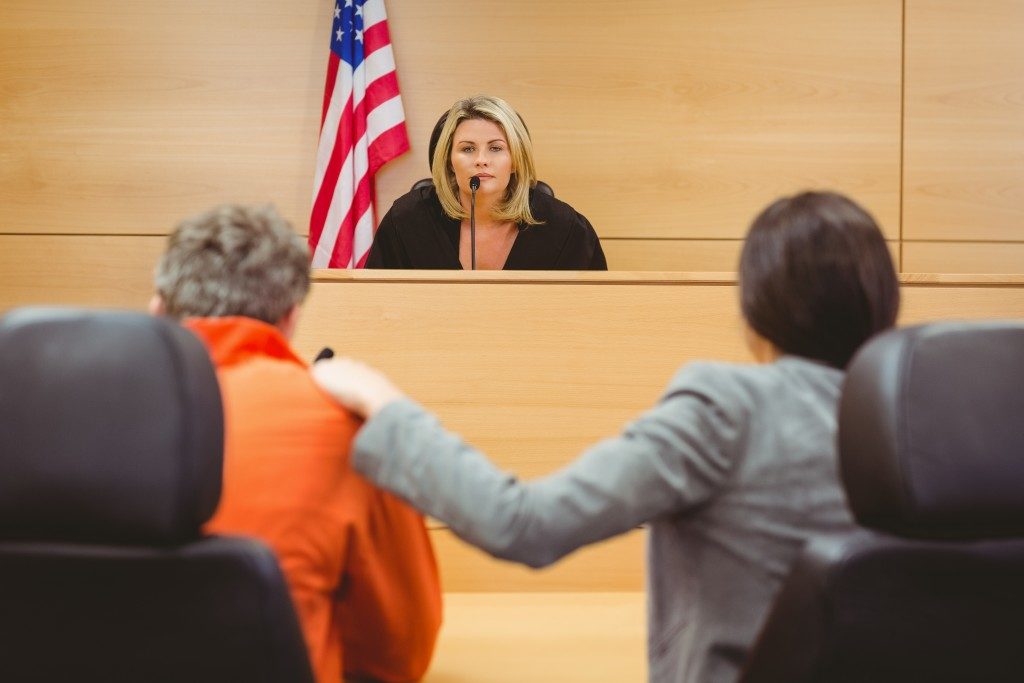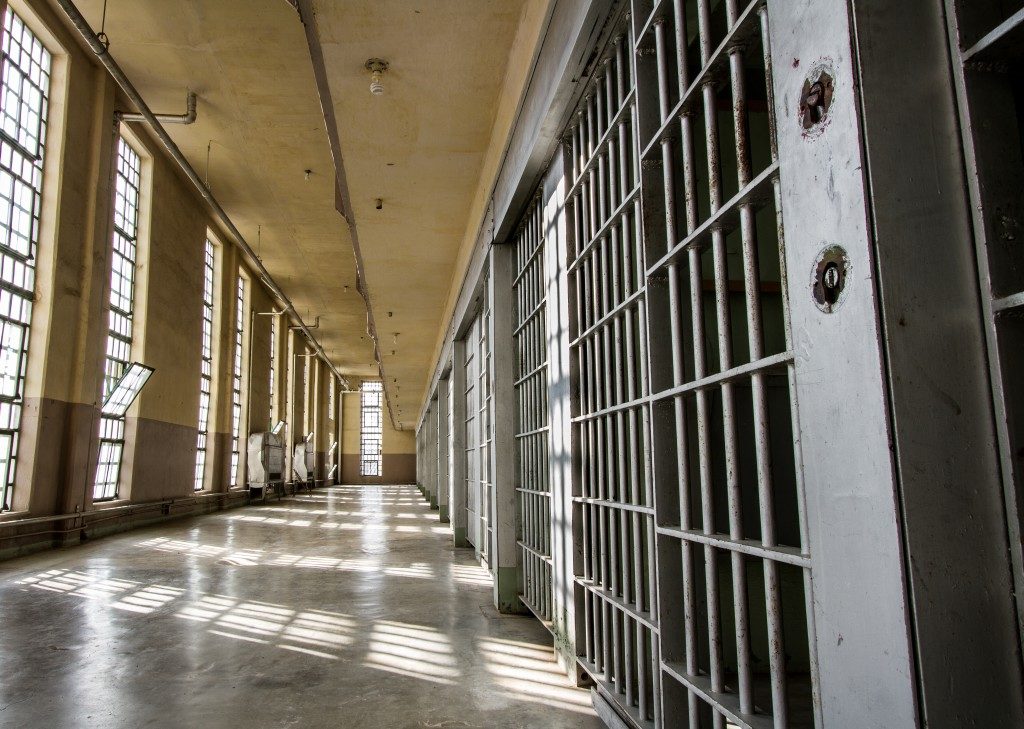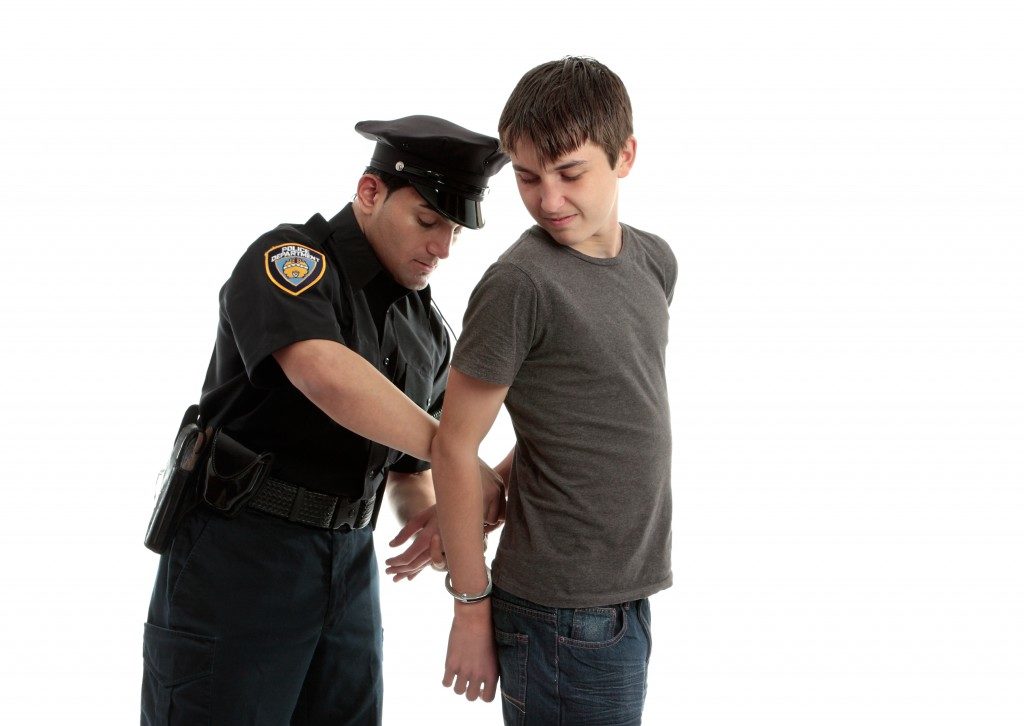- Remain calm and call for help after a car accident.
- Document the accident by taking pictures and collecting information from the other driver(s).
- Seek medical attention and file an insurance claim immediately.
- Consult a skilled personal injury lawyer to protect your rights and legal options.
- Take preventive measures in the future to prevent future accidents.
Car accidents can happen to anyone, anytime and anywhere. It’s not only a traumatic experience but can lead to injuries, medical expenses, disability, and even death. If you’ve been involved in a car accident, you first need to determine whether you’re at fault or not. And, if you’re not at fault, can you still get compensated? The answer is yes, and in this blog post, you will learn more about non-at-fault car accidents in more detail.
What is a Non-at-Fault Car Accident?
A non-at-fault car accident is an accident where you’re not responsible for the collision. It can happen due to someone else’s negligence, recklessness, or intentional actions. For example, if another driver rear-ends your car, runs a red light, or drives under the influence, they’re at fault. In such cases, you can hold the at-fault driver liable for the damage to your car, medical bills, lost wages, pain, and suffering, among other losses.
At Fault Vs. Non-At-Fault
If you’re at fault in a car accident, you may be responsible for the other driver’s losses and your own. You may have to pay for their medical bills, car repairs, and other expenses resulting from the accident. However, if you’re not at fault, you may be entitled to compensation from the at-fault driver’s insurance company. This covers the damages to your property and physical body and reimburses you for lost earnings and medical bills.
Steps to Take
When you get into a non-at-fault car accident, there are a few steps you need to take. Read below for a more comprehensive list:
1. Stay Calm and Call For Help
The first thing to do after a car accident is to remain calm. Assess yourself and others for injuries and call for medical help immediately. Call the police at the scene and inform them of the accident and the location. Ensure the safety of passengers or people close to you by moving safely from the accident site while you wait for help and for the authorities to arrive.
2. Document the Accident
While waiting for the police to arrive, document the accident as much as possible. Take pictures of the scene from different angles, including any visible vehicle damage. You must collect the necessary information from the other driver(s), such as their name, phone number, license plate number, and insurance information.
Also, you must obtain the contact information of any witnesses to the accident. If necessary, providing reliable documentation of the accident can help in your insurance claim and legal case.
3. Seek Medical Attention and File an Insurance Claim
After the police have documented the accident, ensure you seek medical attention. Even if you feel well, you must receive a medical evaluation, as some injuries may not be immediately visible.
Once you have a medical report, it’s time to contact your insurance provider immediately. File an insurance claim and provide all the necessary information, including the documentation of the accident and the medical report from your examination.
4. Seek Legal Advice and Consultation
If the accident caused severe injuries to you or someone close to you, it’s essential to consult a skilled personal injury lawyer. A qualified personal injury lawyer can help you navigate the legal process of seeking medical compensation, reimbursement for lost wages, and other damages. The lawyer will advise you on your rights and legal options and help you negotiate a fair settlement or, if necessary, take the case to trial.
5. Practice Preventive Measures in the Future
After an accident, it’s essential to learn from the experience and take preventive measures in the future. Ensure you follow all traffic laws and avoid distracted driving, ensure regular vehicle maintenance, and avoid driving under the influence. By practicing safety measures, you can prevent accidents in the future.
Final Thoughts
Getting into a car accident is never a good experience. However, it’s important to know your rights and how to protect yourself if it happens to you. If you’re not at fault in a car accident, you can still get compensated for your losses, including damages to your car, lost wages, and medical bills. Follow the steps outlined in this blog post, and remember to consult with an attorney to ensure you get the best outcome. Stay safe, and drive responsibly.





